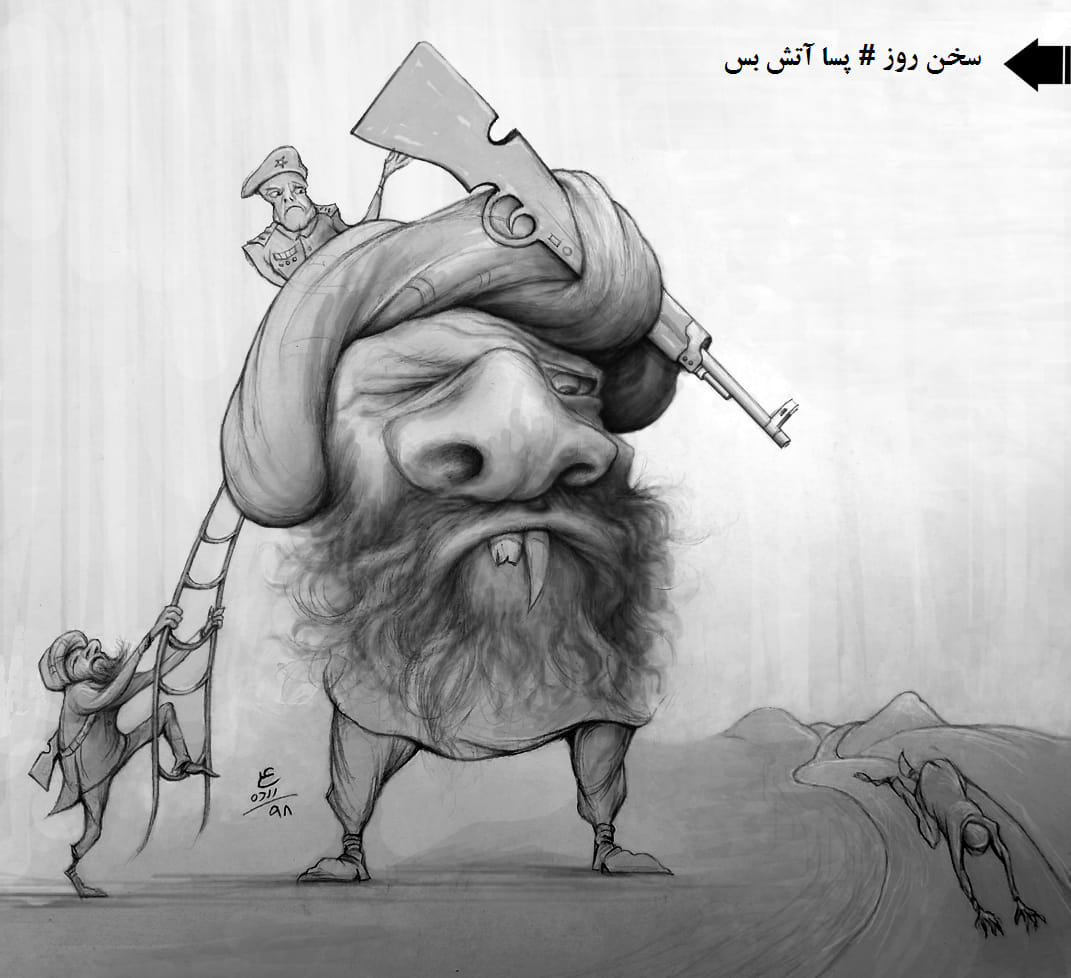
Ethnocentric Approach of Karzai, Ahmadzai and Taliban Governments
Reading time: (Number of words: )
All the versions of this article: [English] [فارسى]
Kabul Press?: In September 2021, the Taliban terrorist organization released the name of its members in its cabinet, known as the cabinet of suicide bombers. Some of the Taliban’s cabinet members, including the Taliban’s acting prime minister, are blocklisted by the United Nations Security Council because of their own terrorist activities and ties to other terrorist groups such as Al Qaeda.
Looking at the names of the members of the Taliban’s cabinet, there are three issues emphasized and highlighted by experts and international media:
• Most members of the Taliban’s cabinet are blocklisted by the United Nations Security Council
• There are no women in the Taliban’s cabinet
• All of them except three share the same ethnic background, the Pashtun
The anti-women act of the Taliban is not something new, as the group, besides the most radical interpretation of Islam, follows an anti-women tradition called Pashtunwali. According to Sarah Caron’s project, "The rigid cultural traditions of "Pashtunwali" (the Pashtun code of honor), combined with the plague of religious extremism, have turned the lives of Pashtun women in Taliban-infested tribal regions of Pakistan into tales of affliction."
Out of 33 members of the Taliban’s cabinet, 30 are Pashtuns, 2 are Tajik, and 1 is Uzbek. Looking at the ethnocratic approach of the Taliban, some similarities are identifiable by the corrupt governments of Hamid Karzai and Ashraf Ghani Ahmadzai. Based on the propaganda of Pashtun nationalists, and without any reliable data and comprehensive census, all three governments consider/ed the Pashtuns as the majority. The outcomes are/were racial discrimination against non-Pashtuns and, as history says, forced displacement and genocide of particularly the Hazara of Hazaristan.
Related Articles
Poets from 88 Countries Demand Halt to Genocide against Hazara
An open letter from World-wide Poets addressed to United Nations Secretary-General Ban Ki-moon, President of the European Commission José Manuel Barroso, and President of the United States, Barack Obama.
World Poetry Day: 324 Poets from 93 Countries Unite to Stop Genocide of Hazara
Poets discover Hazara while NATO fails to protect them from terrorists
World Without Walls, An Open Letter From 1.478 Poets
Intersectionality: From American Black Movements to Yellow Uprising of the Hazara in Hazaristan
Talibans’ Return to Power and the Fear of Darkness

Poems for the Hazara
The Anthology of 125 Internationally Recognized Poets From 68 Countries Dedicated to the Hazara
Order Now









